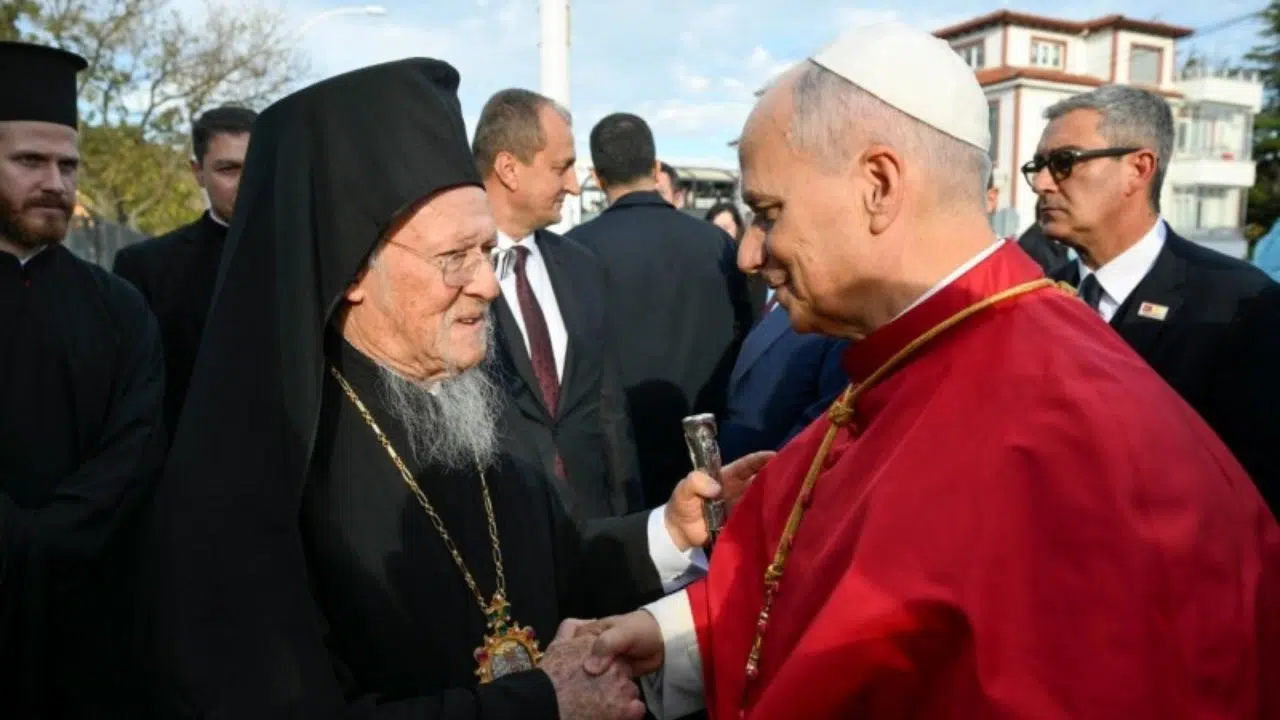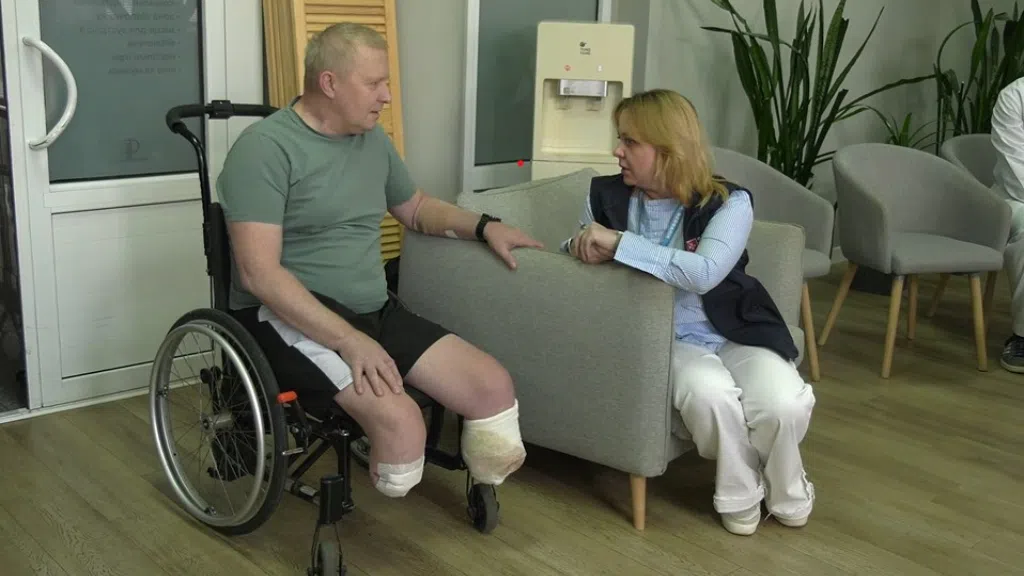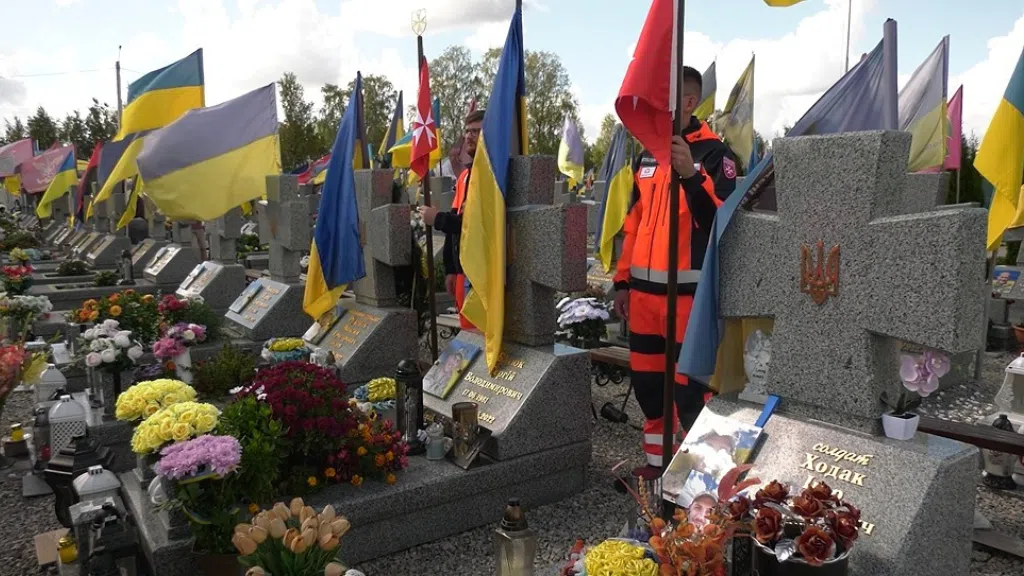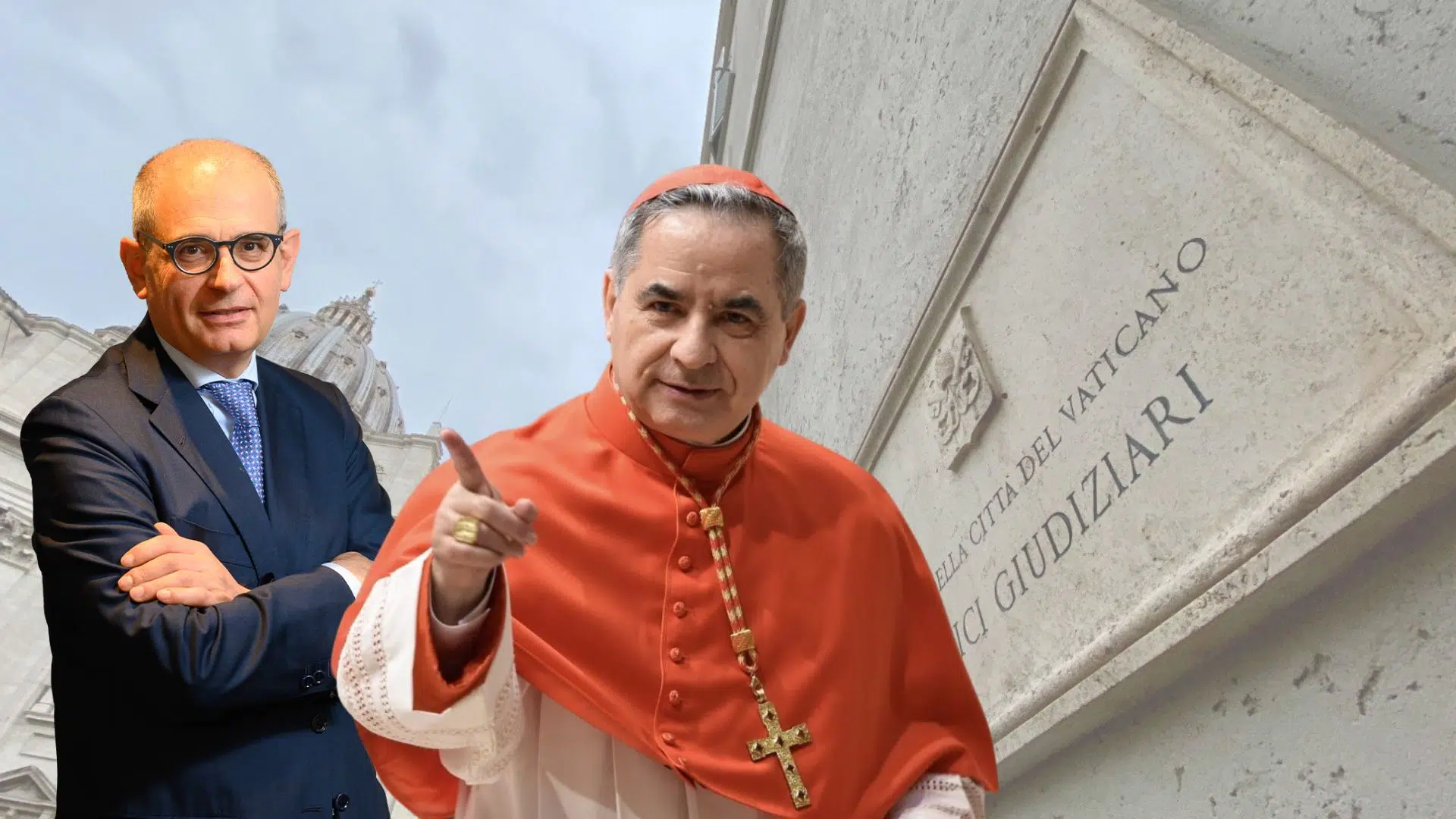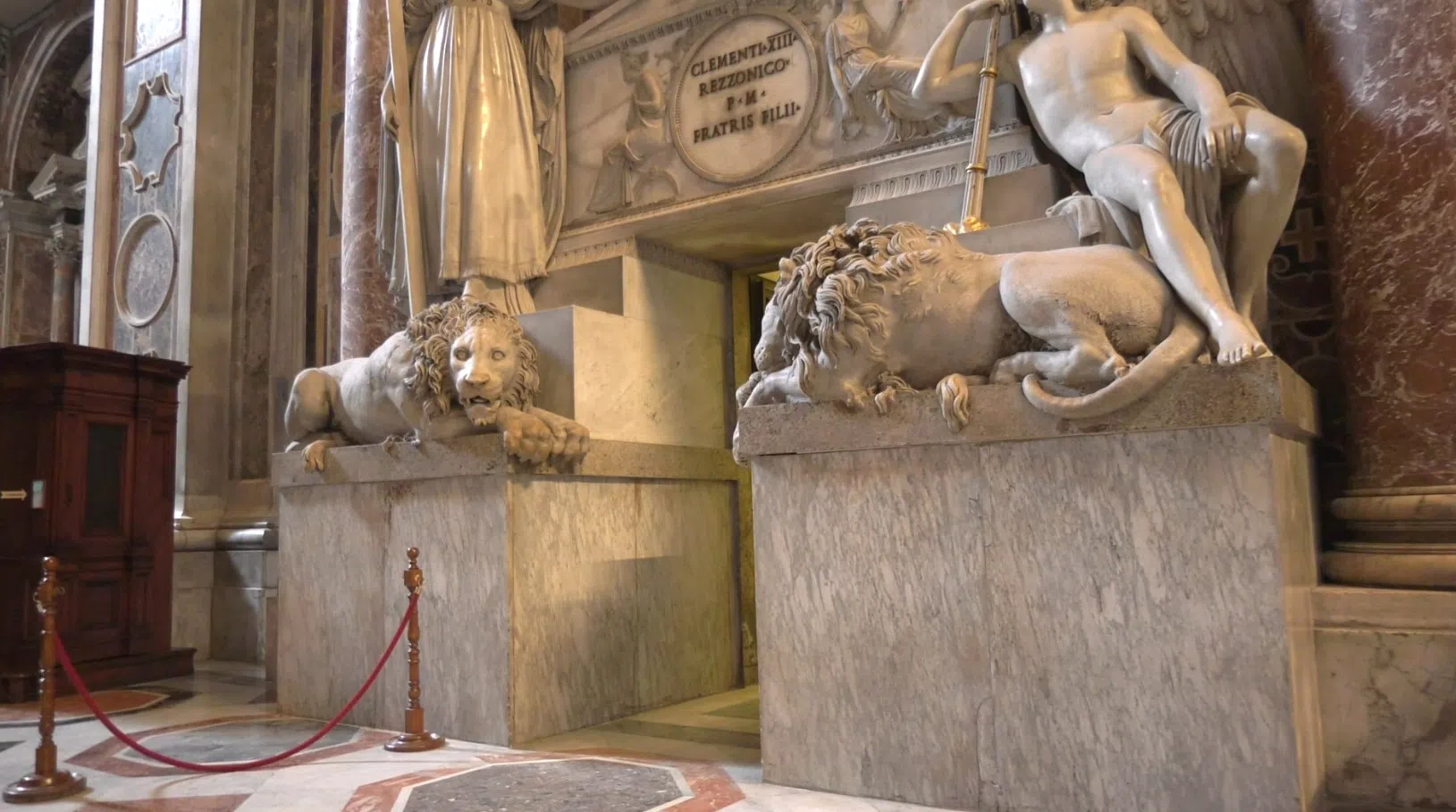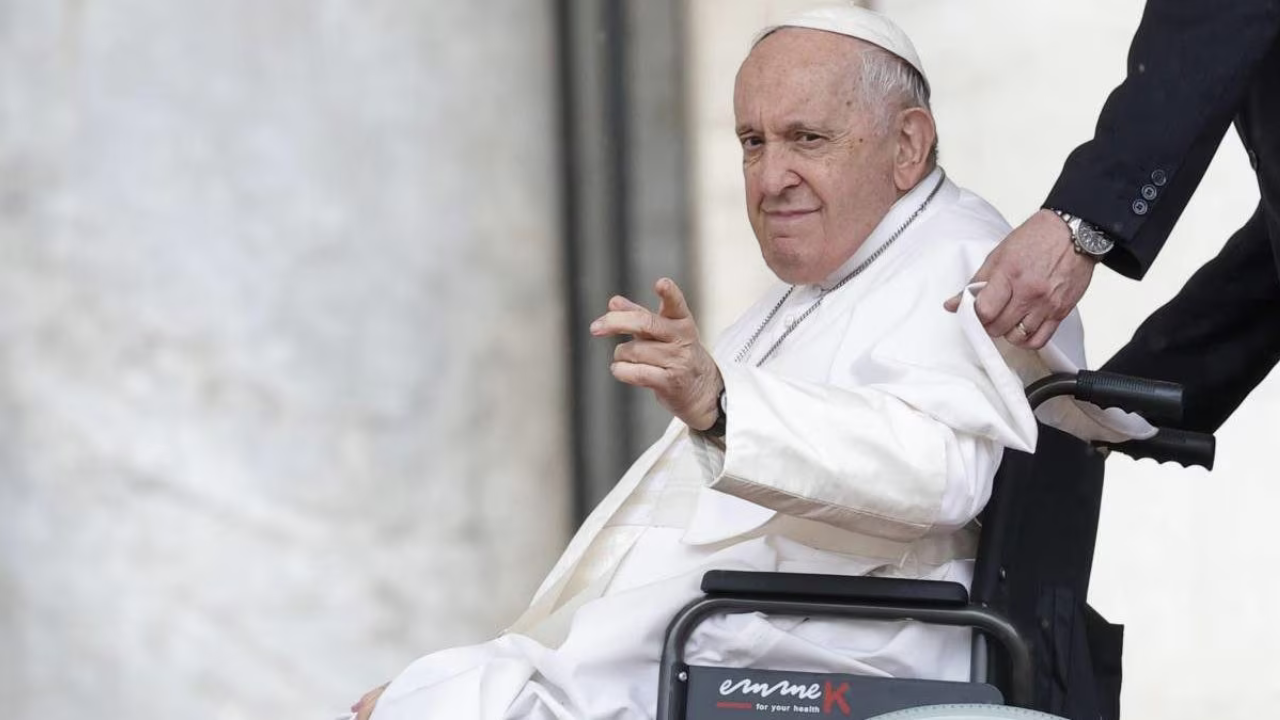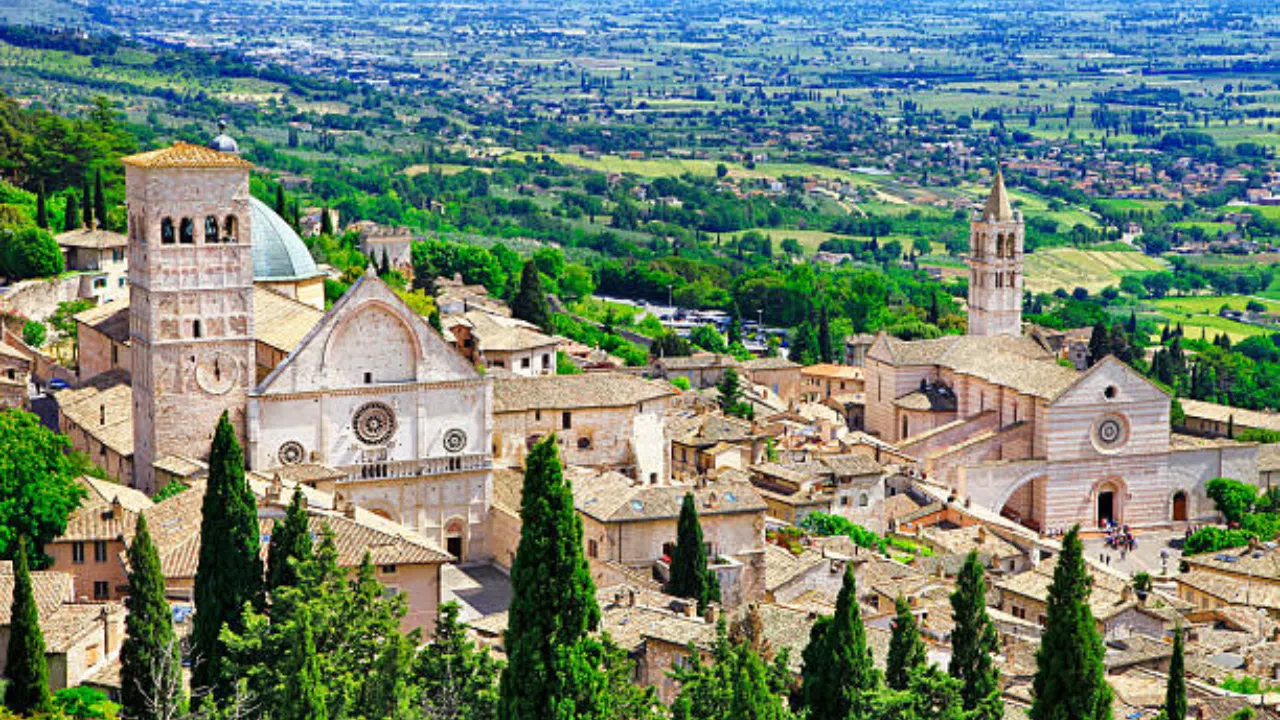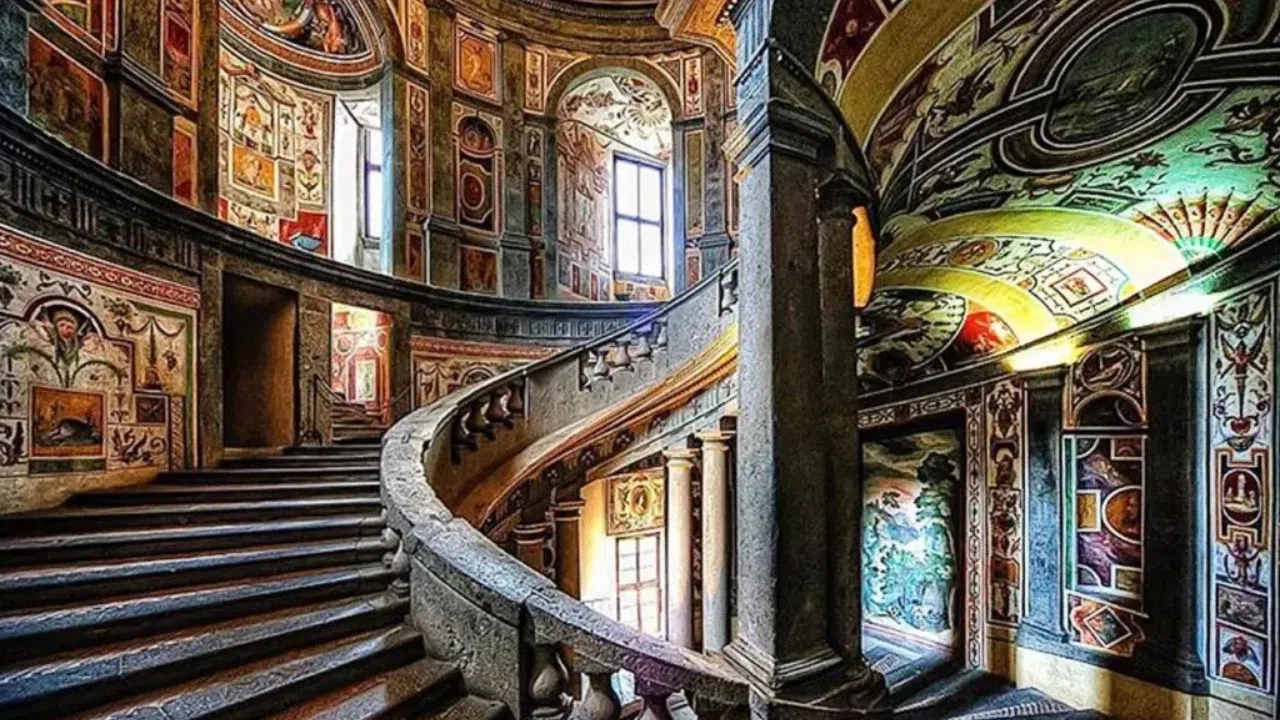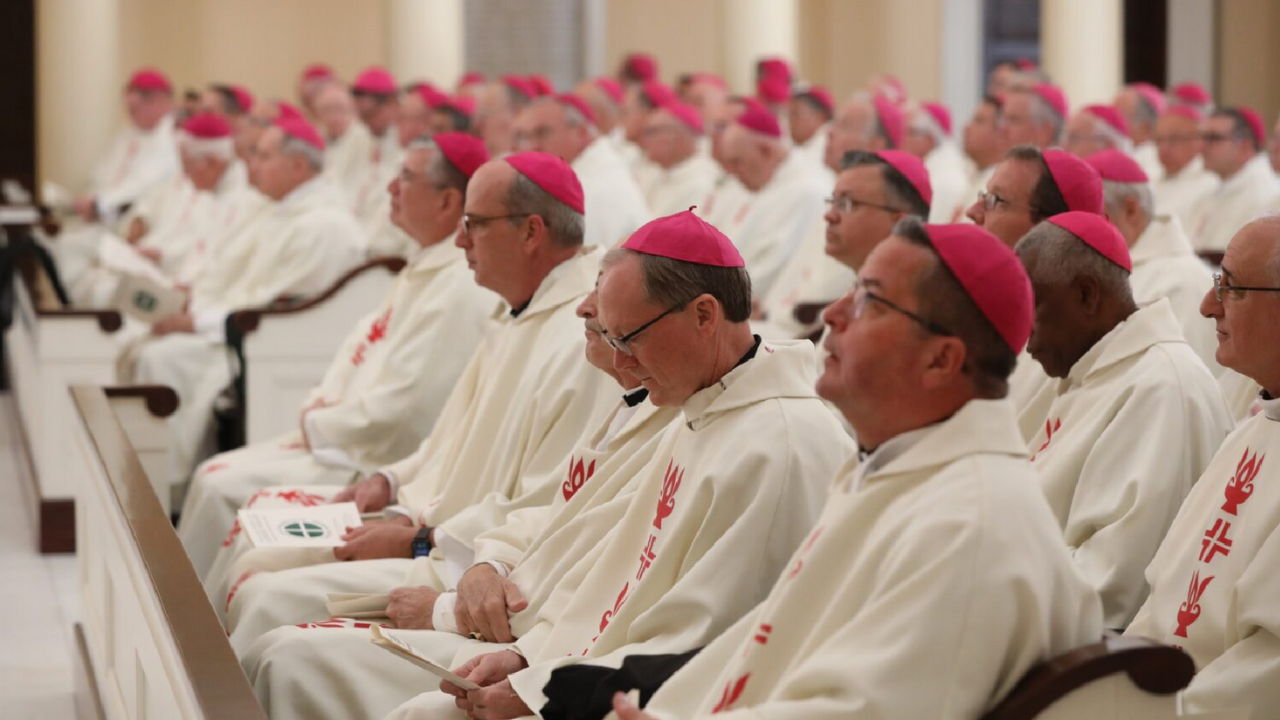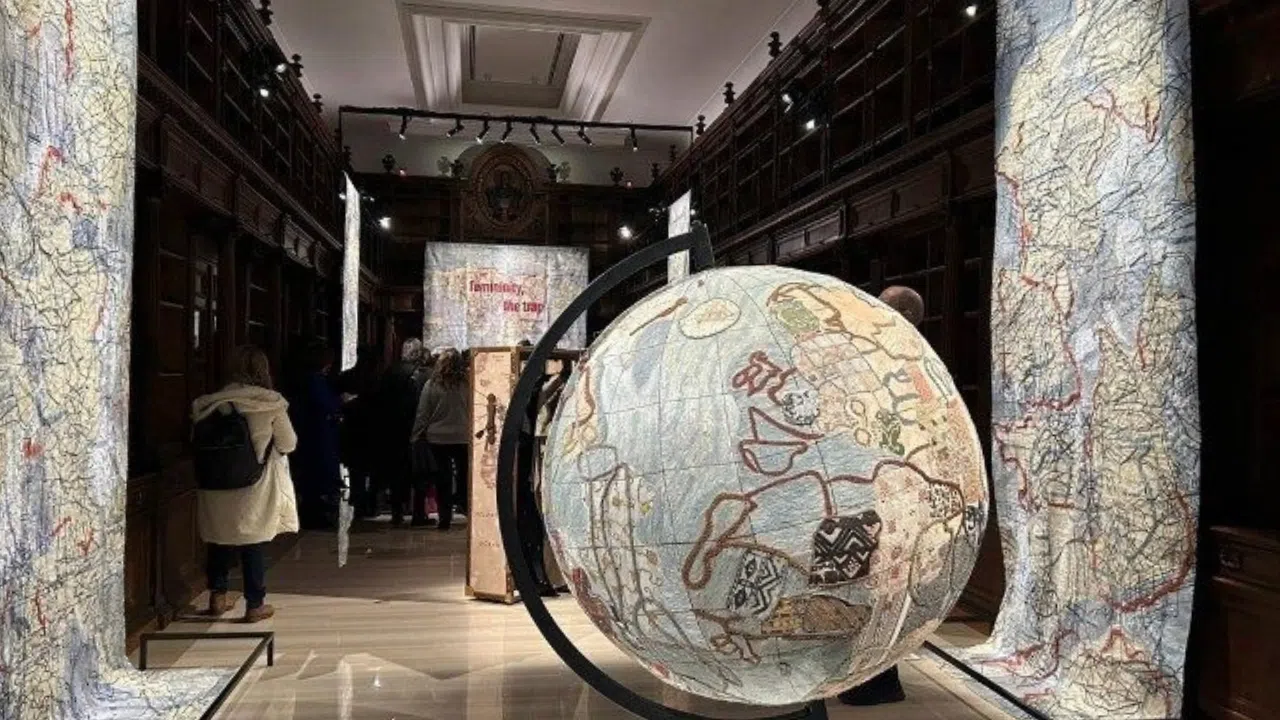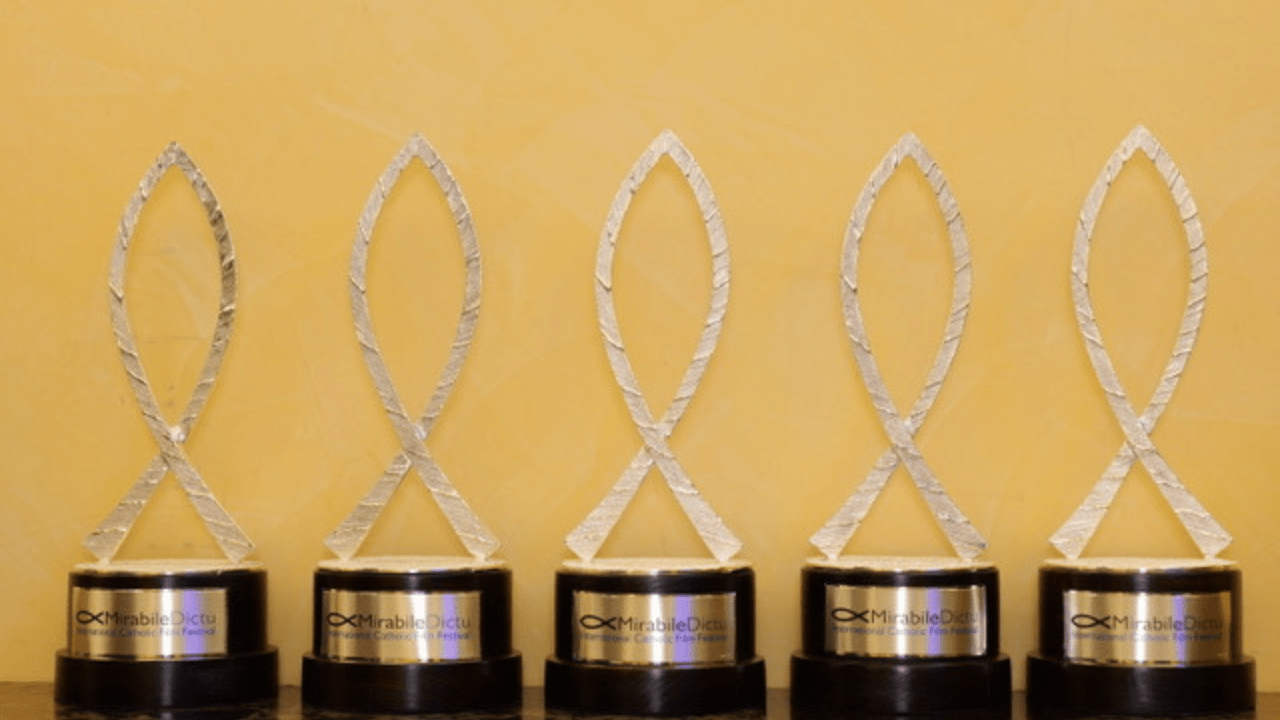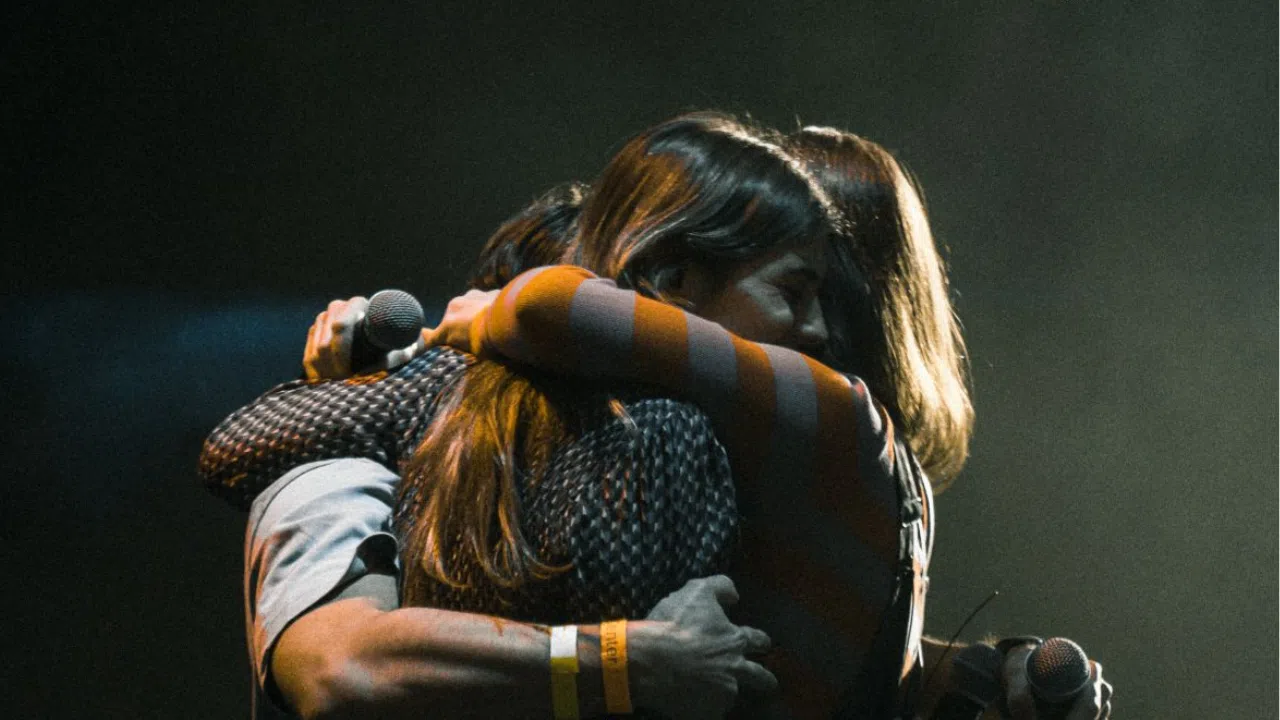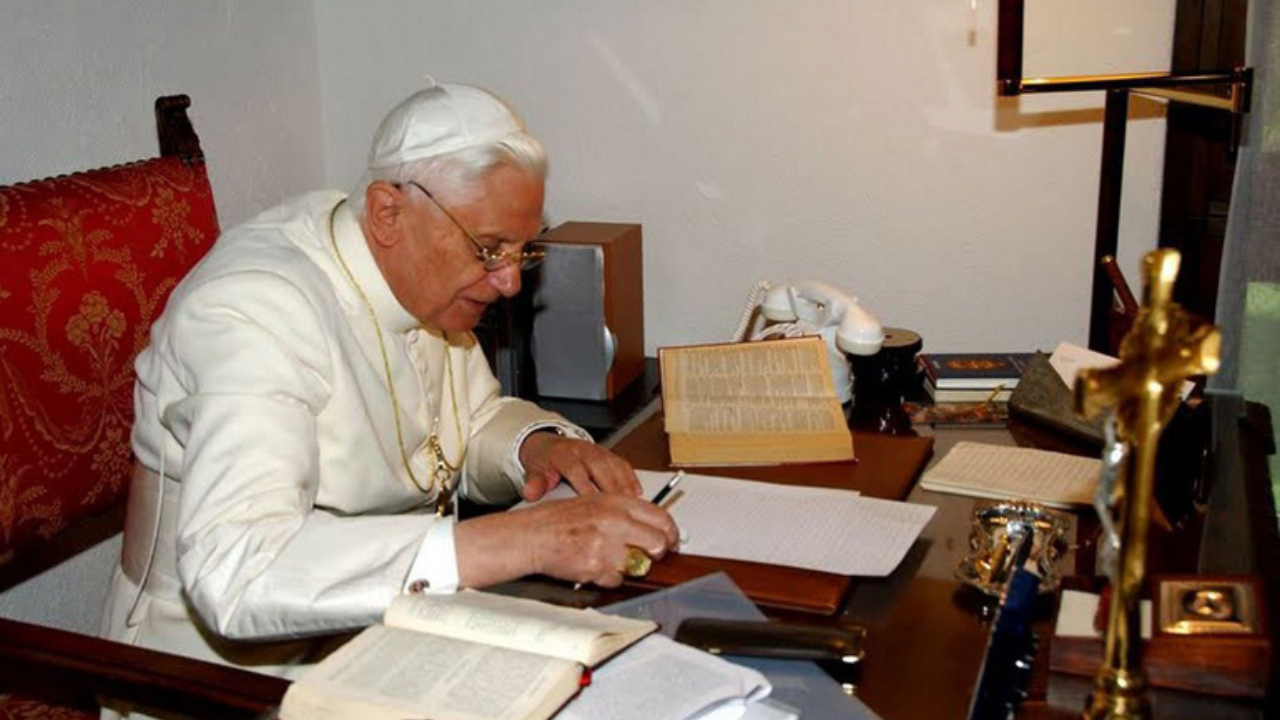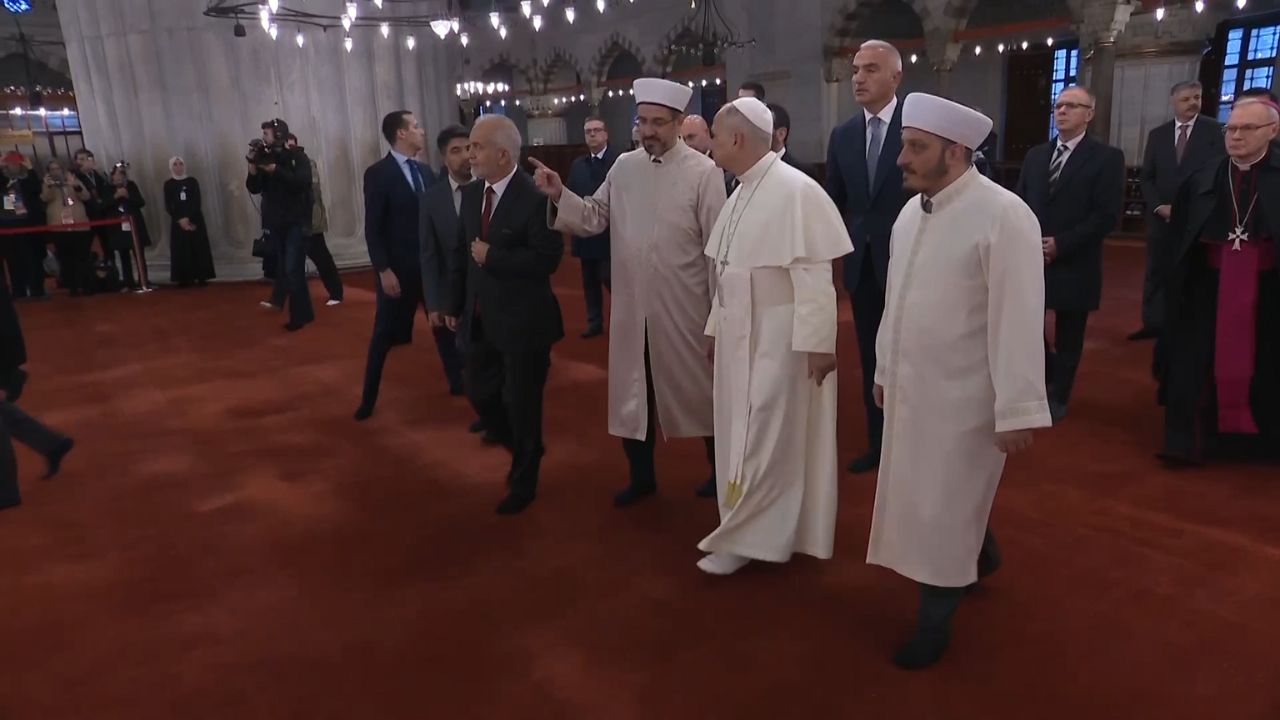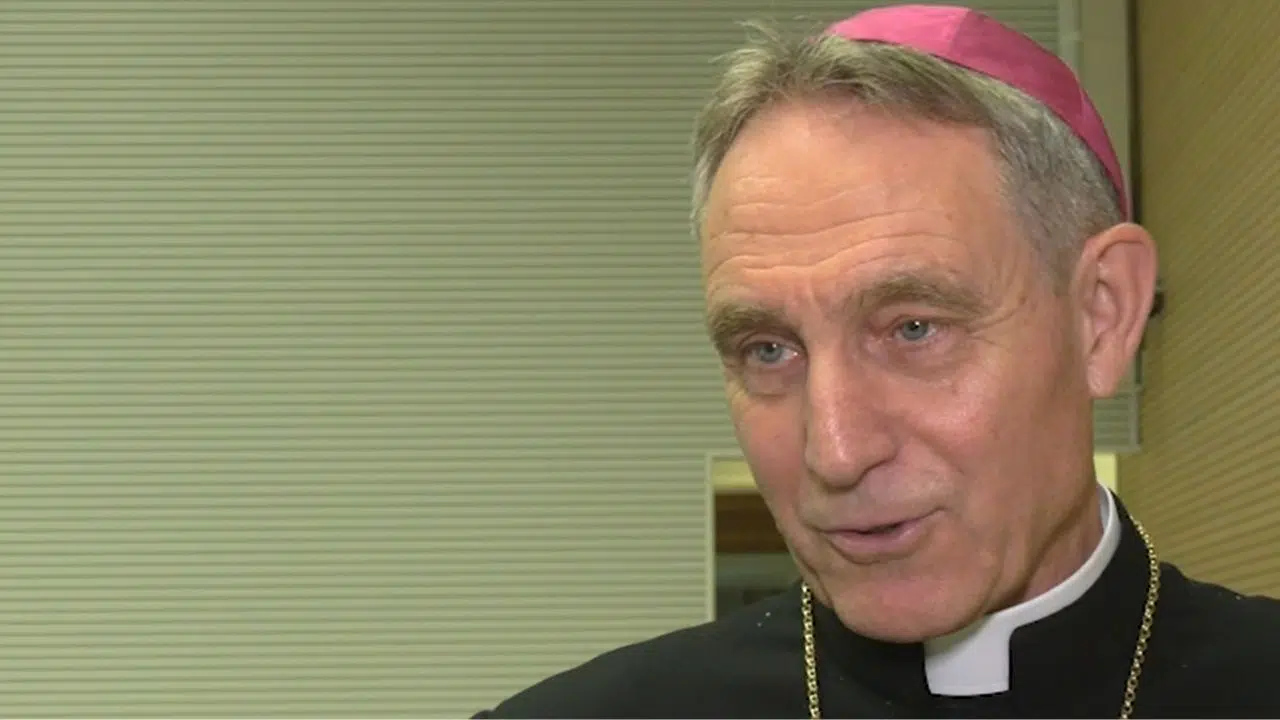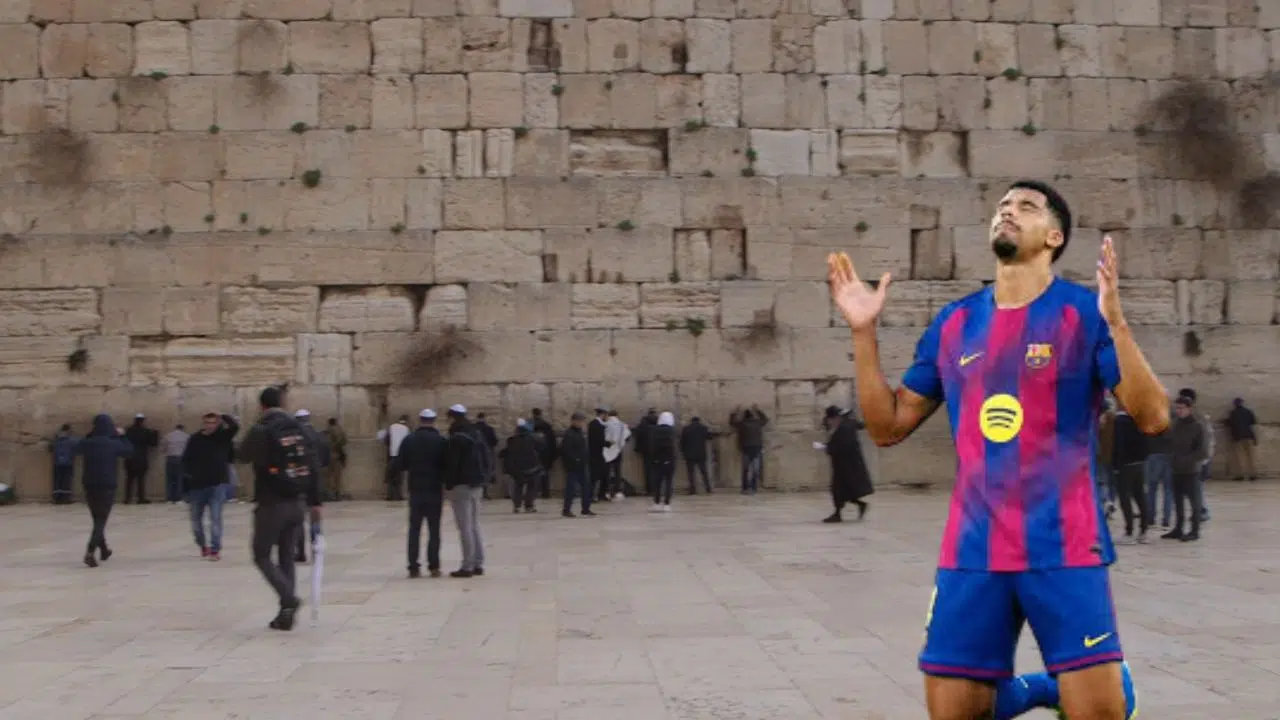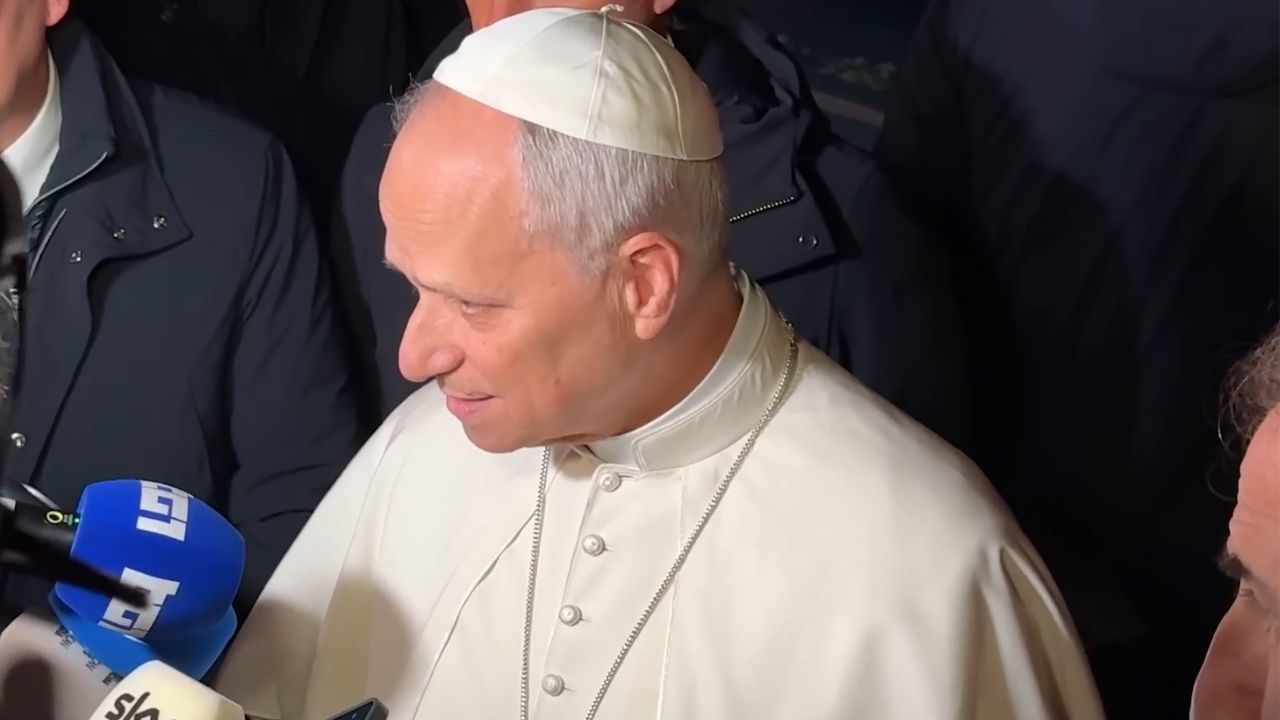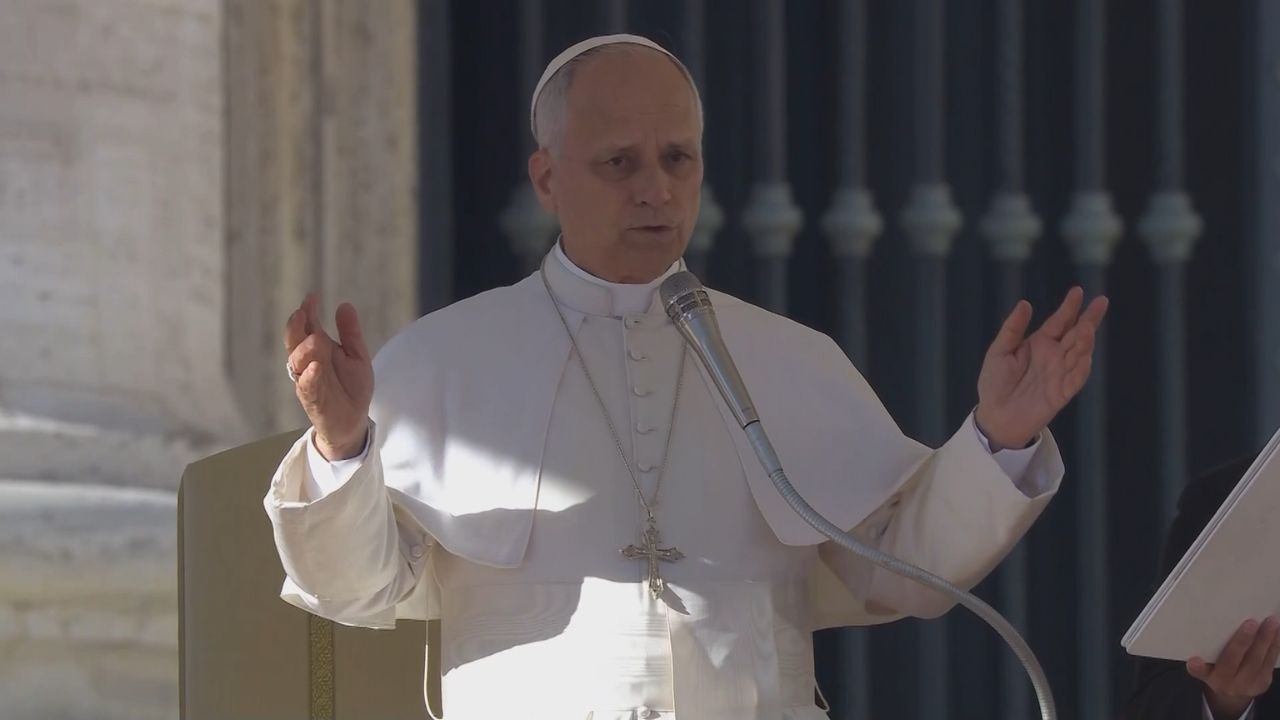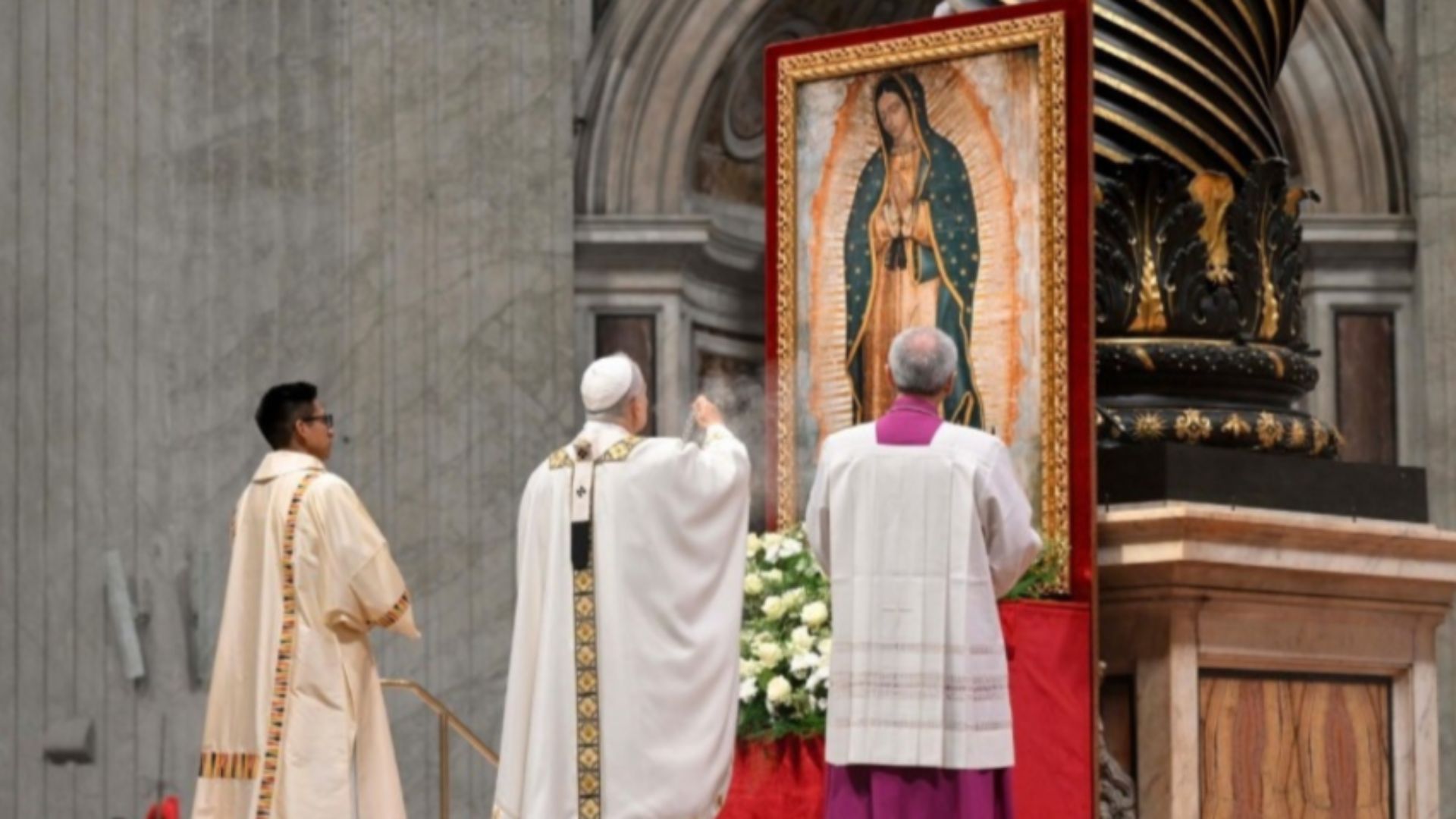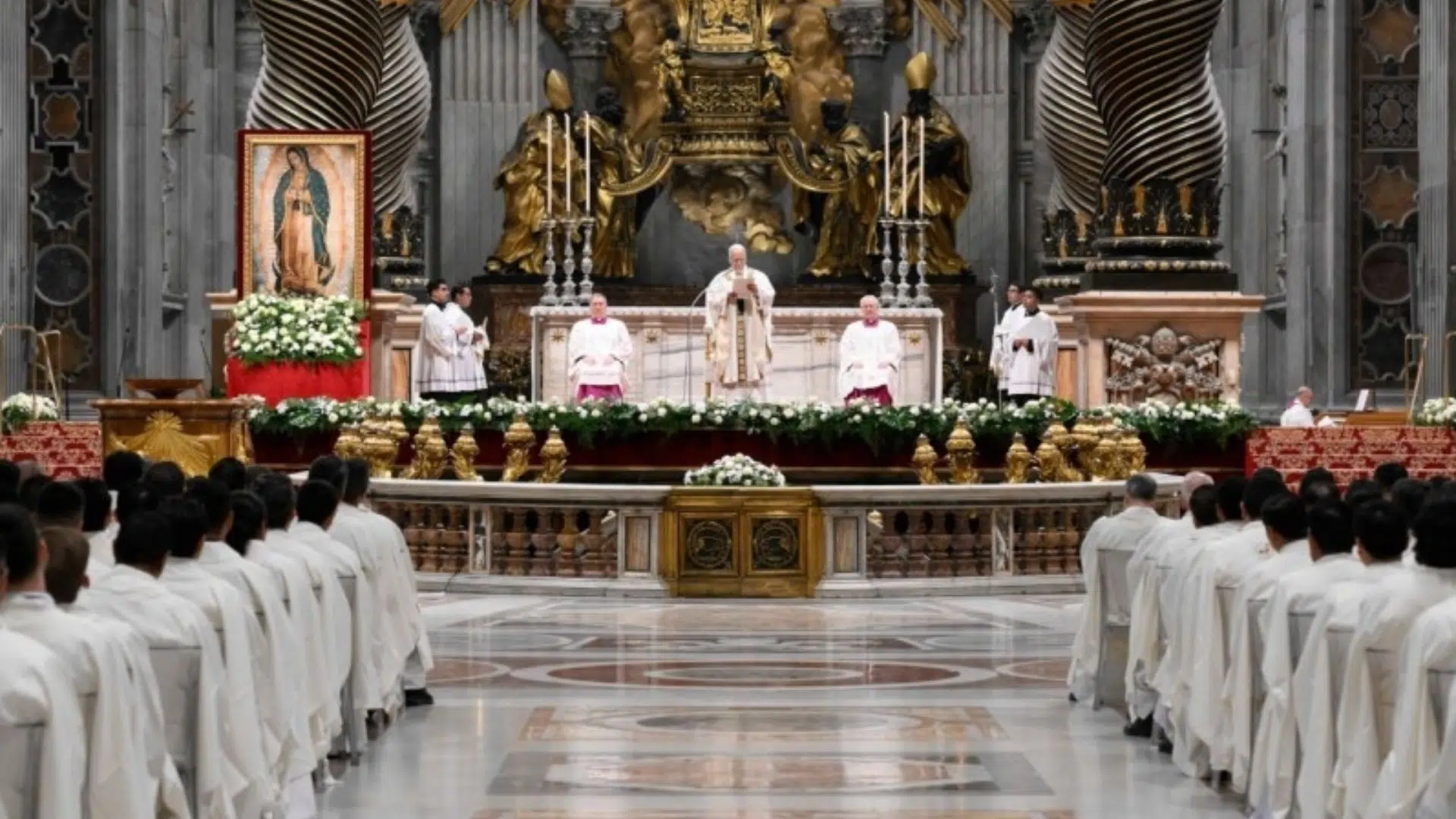In 2013, Pope Francis completed his first papal visit to the island of Lampedusa, where he prayed for migrants and refugees lost at sea while looking for a better future in Europe.
Seven years later, the situation for many migrants remains dire. On July 3, 2020, the Lebanese cargo ship, Talia, on its way from Libya to Spain, rescued 52 migrants from a small, overcrowded boat in the Mediterranean Sea.
“My health is not okay, and my situation is not right. I'm so tired, and I don't have any food to eat.”
The 40 men and 12 women, suffering from exhaustion, hunger and uncertainty, were stuck on the livestock carrier until July 8, when Maltese authorities finally allowed them to disembark.
The migrants had been sleeping in the part of the carrier normally reserved for livestock. The vessel's captain, Mohammad Shaaban, and his crew distributed what little food and water they had, unsure for how long they would be able to continue to help those on board.
“It's very bad. These migrants are in very bad conditions. This is a place for animals, and we need to help them.”
Although this difficult stage of their journey is over, the future of these men and women remains unknown.
This is the harsh reality that persists even in 2020. Pope Francis highlighted this during his Mass commemorating his first papal visit to Lampedusa. During his homily, he spoke of the terrible plight of migrants fleeing situations of violence and suffering, specifically referencing Libya.
POPE FRANCIS
You can't imagine the hell they live there, in those detention camps. These people came with only one hope, of crossing the sea.
The pope said it's essential to look beyond the “distilled version” of the truly horrific situations countless people continue to experience.
CT
